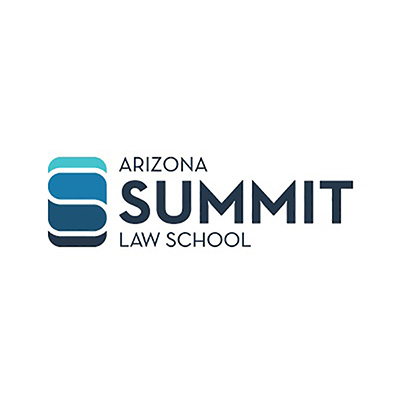ABA legal ed section didn’t give clear direction, says Arizona Summit in amended complaint

Arizona Summit Law School filed an amended complaint on Wednesday against the American Bar Association, alleging that it was not given guidance to come into compliance with accreditation standards.
In November, the council of the ABA’s Section of Legal Education and Admissions to the Bar approved a teach-out plan submitted by Arizona Summit, which included a closure date for the end of spring 2020. That followed the law school being placed on probation by the council in March 2017 for being out of compliance with various accreditation standards.
“The ABA did not apply to Arizona Summit clear standards for accreditation; did not specify in writing the supposed deficiencies at Arizona Summit; did not consider Arizona Summit’s responses regarding the supposed deficiencies before taking adverse action; did not describe the basis for its adverse accrediting actions; did not consistently apply and enforce it standards; and did not employ effective controls against the inconsistent application of its standards,” according to the amended complaint, which was filed in Arizona federal court.
It asks the court to set aside the ABA’s decisions regarding Arizona Summit, enjoin the ABA from removing Arizona Summit as an ABA-approved law school while the litigation is pending, and award damages against the ABA for due process violations. Barry Currier, the ABA’s managing director of accreditation and legal education, told the ABA Journal that the council will continue to follow its established procedures, and it expects to be successful in any litigation challenging its actions.
“The ABA does not comment on pending litigation. But in this case, as well as all others, it is important to note that the ABA accreditation process provides meaningful opportunities for every law school to establish that it is operating in compliance with the accreditation standards. Through these opportunities, the vast majority of law schools do, in fact, establish that they are operating in compliance with those standards. Courts have regularly upheld the ABA’s law school accreditation process,” he wrote in an email.
Arizona Summit is one of three for-profit law schools owned by InfiLaw. All the schools sued the ABA in May regarding accreditation issues, after two of the three, including Arizona Summit, were placed on probation by the council. Only one InfiLaw campus, Florida Coastal School of Law, has not been placed on probation by the ABA.
For Arizona Summit, the law school was found to be out compliance with Standards 301(a), 308(a) and 309(b), which deal with legal education programs, and various sections of Standard 501, which addresses admissions and student services. According to the law school’s Standard 509 Information Report for 2017, its median LSAT score is 148, and its median undergraduate GPA is 2.81. Out of 199 students for the 2016-2017 academic year, 71 left through nontransfer attrition. For the class of 2015, the law school’s ultimate bar passage rate was 59.75 percent, according to ABA data.
The amended Arizona Summit complaint also alleges that “one or more” Department of Education officials from the Obama administration “significantly encouraged” the ABA to take action against for-profit law schools. InfiLaw’s Charlotte School of Law was given as an example. It was put on probation by the ABA in October 2016, and in the following year made various statements about proposed teach-out agreements. The law school closed in August 2017.
Daniel Zibel, formerly the DOE’s deputy assistant general counsel, demanded more information about Charlotte School of Law’s proposed teach-out plan, according to Arizona Summit’s amended complaint.
“These communications reveal that Mr. Zibel used his authority as a DOE official to secretly insert himself in the ABA’s process, and that the ABA complied with Mr. Zibel’s orders, including his directive that the ABA not inform an InfiLaw school of his interest and involvement,” the complaint states.
Zibel did not respond to an ABA Journal interview request. Parts of his emails are included in Arizona Summit’s amended complaint, and they also were submitted in full as an exhibit in Florida Coastal’s lawsuit against the ABA. Following press reports about a proposed Charlotte School of Law teach-out plan involving Florida Coastal, Zibel wrote to Currier in February 2017, asking for a copy of the proposed plan. In a response, Currier forwarded Zibel a copy of the proposal and wrote that it had not been reviewed by his staff or the council.
Arizona Summit’s amended complaint also mentions that Western Michigan University Thomas M. Cooley Law School and North Carolina Central University School of Law were recently found by the council to be back in compliance with admissions standards.
“The ABA applied to NCCU the same ‘concrete steps’ test that the ABA had applied to Cooley, but not to Arizona Summit. The ABA’s June 2018 decision on Arizona Summit is inconsistent with the ABA’s July 2018 decision on NCCU and the ABA’s April 2018 decision on Cooley,” the complaint states.
Like the InfiLaw schools, Cooley Law filed a lawsuit against the ABA challenging the council’s public notice regarding accreditation compliance. Cooley Law filed a motion to dismiss the action in late October, which was granted.



